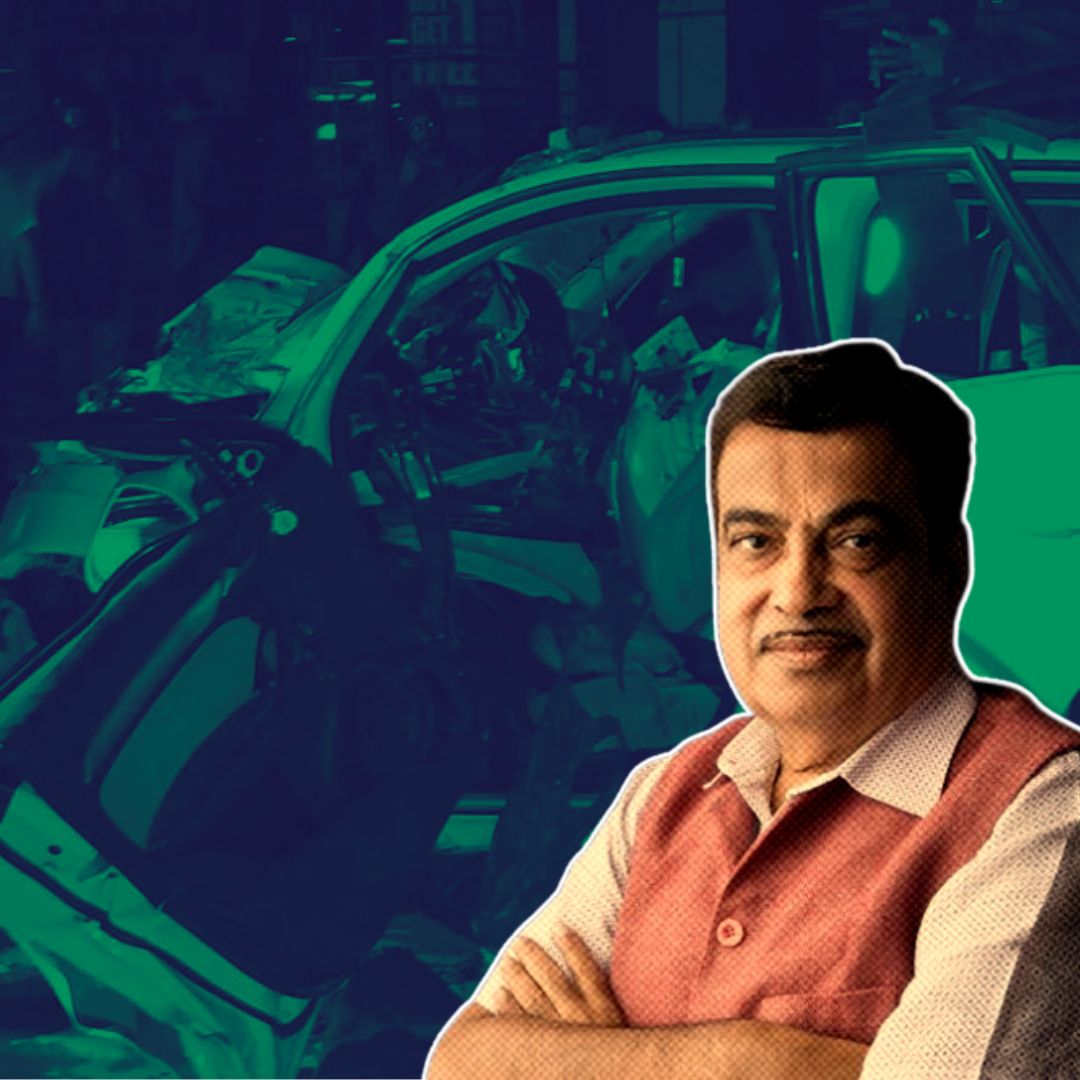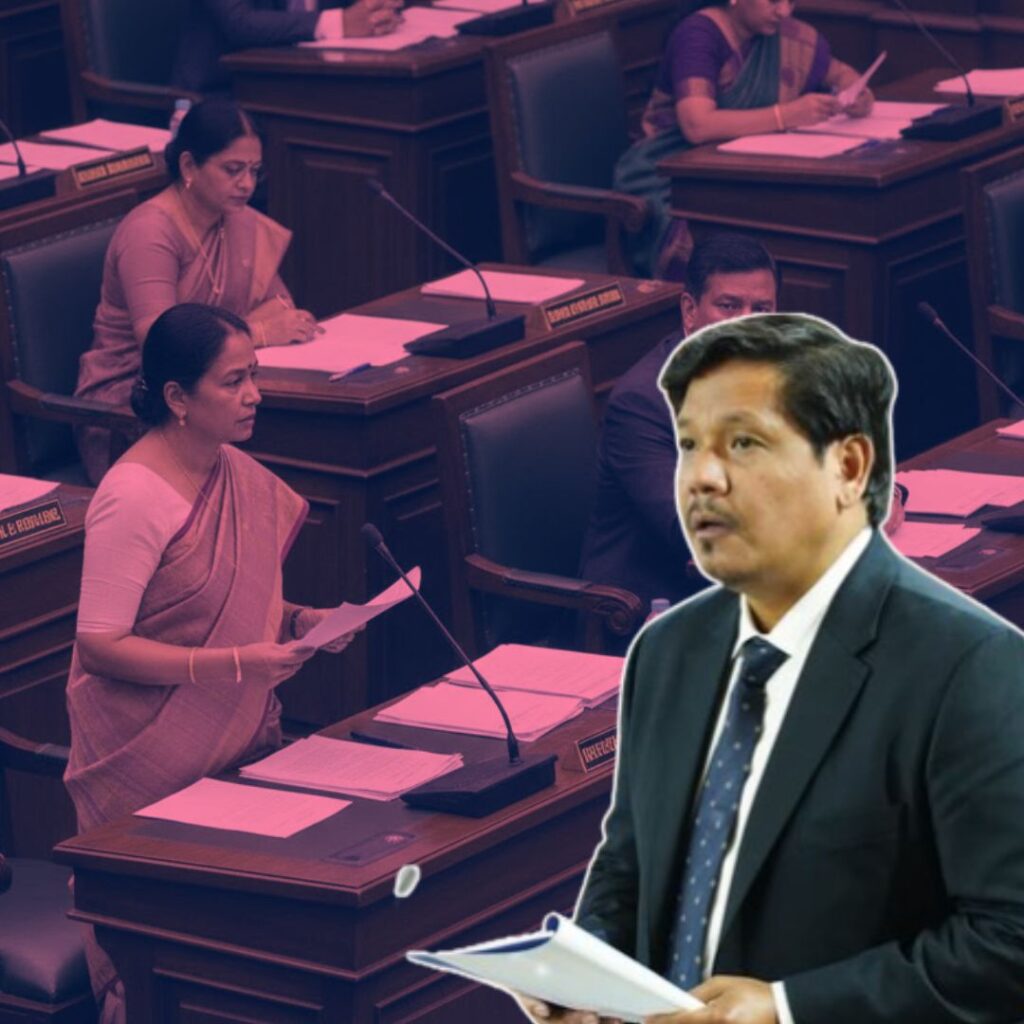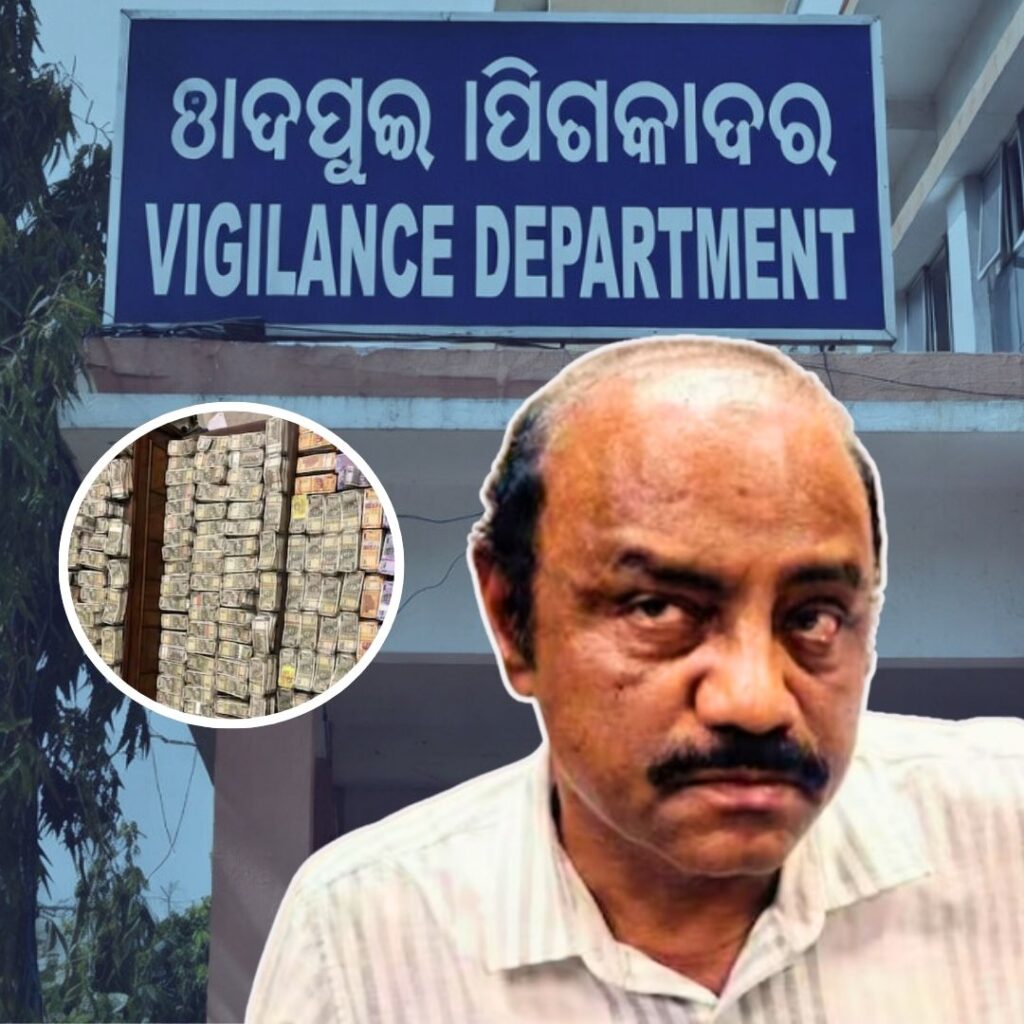The Government of India has officially launched the nationwide Cashless Treatment of Road Accident Victims Scheme, 2025, effective from May 5, 2025. This landmark initiative guarantees free medical treatment up to ₹1.5 lakh per person, per accident, for the first seven days at designated hospitals across the country.
Applicable to all individuals injured in motor vehicle accidents, regardless of their socio-economic background, the scheme aims to provide timely, cashless emergency care by coordinating efforts between the National Health Authority, state health agencies, police departments, and healthcare providers.
This move seeks to reduce the high number of fatalities caused by delays in treatment and financial hurdles faced by victims.
A Lifeline for Road Accident Victims Across India
The scheme entitles every road accident victim to cashless treatment at empanelled hospitals, covering all medical expenses up to ₹1.5 lakh for the initial seven days after the accident. This benefit applies to any accident involving a motor vehicle on a public road, ensuring inclusivity irrespective of age, gender, income, or social status.
If a victim is admitted to a non-designated hospital, only stabilisation treatment will be provided before transferring the patient to a designated centre for comprehensive care. The government mandates that treatment must commence within 24 hours of the accident, following police notification.
Union Transport Minister Nitin Gadkari emphasised the scheme’s life-saving potential: “We hope that with this initiative, no one will be denied critical medical care due to lack of funds, especially during the golden hour when timely intervention can be the difference between life and death.”
Addressing India’s Road Safety Emergency
India continues to face a grave road safety crisis, with 4.8 lakh road accidents and 1.72 lakh fatalities reported in 2023 alone. Despite various efforts, fatalities have remained alarmingly high, often due to delayed or unaffordable emergency medical treatment.
Recognising this, the government piloted the cashless treatment scheme in Chandigarh and six other states, benefiting over 6,800 victims before scaling it nationwide. To ensure smooth implementation, an 11-member steering committee has been constituted, headed by the Road Secretary and including representatives from the National Health Authority, Ministry of Road Transport and Highways, and other relevant bodies.
This committee will oversee coordination among hospitals, police, and state agencies. Additionally, State Road Safety Councils will be responsible for empanelment of hospitals, monitoring claims, and facilitating payments. The scheme is part of a broader strategy that includes technological upgrades in commercial vehicles and stricter enforcement of traffic laws to improve overall road safety.
The Logical Indian’s Perspective
At The Logical Indian, we welcome this compassionate and inclusive step towards making emergency healthcare accessible to all road accident victims. By removing financial barriers at a critical moment, the scheme reflects our shared values of empathy, dignity, and social justice.
However, the success of this initiative hinges on effective implementation, awareness among citizens, and active collaboration between government agencies, healthcare providers, and communities. It also raises important questions about the broader need for comprehensive road safety reforms and public education to prevent accidents in the first place.
How can citizens, authorities, and healthcare workers join forces to ensure that this scheme reaches every victim in need and contributes to safer roads nationwide? We encourage our readers to share their insights and experiences to foster a culture of care, responsibility, and solidarity on India’s roads.












